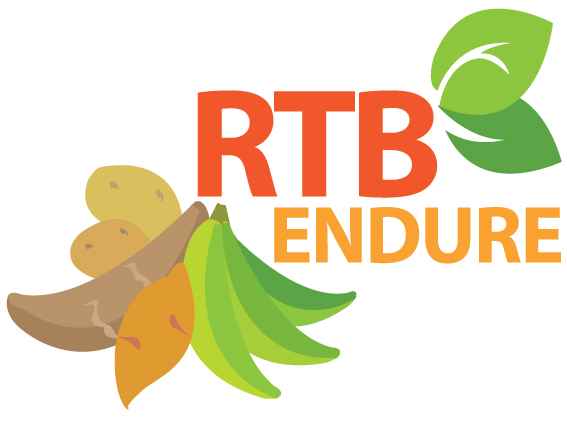
Expanding utilization of roots, tubers and bananas and reducing their postharvest losses
Objectives and Approach
Objectives
The RTB-ENDURE goal is to contribute to improved food security for RTB-producing communities in East Africa, including producers and other stakeholders along the value chain.
The specific objective is to improve food availability and income generation through better postharvest management and expanded use of RTB, based on: (1) postharvest and processing technologies; (2) value chain development; (3) capacity development.
In particular, the project will test and validate technical, commercial and institutional innovations for achieving:
- Decreased RTB postharvest losses;
- Increased shelf-life of RTB crops;
- Improved processing of RTB crops;
- Increased income from RTB crops and their products, including livestock, for rural producers;
- Increased participation of women in higher and more profitable levels of the value chain and more equitable distribution of benefits between men and women in the community.
Approach
RTB-ENDURE addresses postharvest management of four different RTB crops, namely potato, sweetpotato, cassava and banana.
The project lays firmly on a multi-stakeholder approach where Research and Development (R&D) organizations and value chain actors work together to jointly identify, assess, select and test best-bet options for expanding utilization and reducing postharvest losses of selected RTB crops. By adopting and adapting the Participatory Market Chain Approach (PMCA) developed by CIP and through carefully facilitated processes, the project's research teams test and validate postharvest innovations that have the greatest potential to satisfy food consumption and income generation needs.
RTB-ENDURE has been designed as part of RTB Theme 6 efforts to "Promote postharvest technologies, value chains and market opportunities" and presents strong linkages with the value chain development efforts of the CGIAR Research Program on Policy, Institution and Markets (PIM).